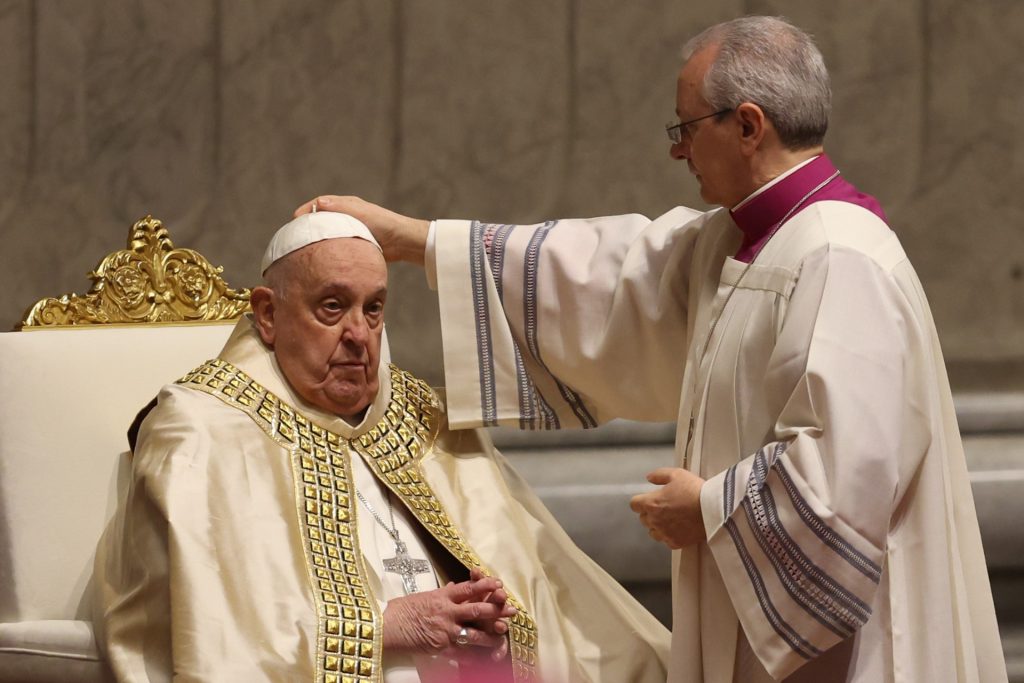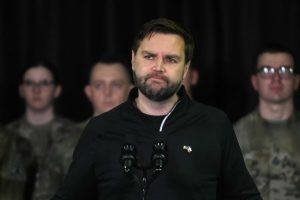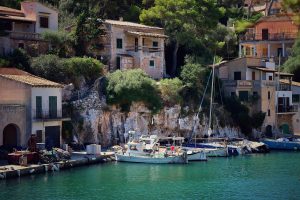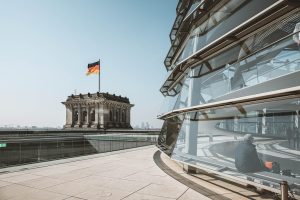The pontiff’s declining health raises concerns over the future leadership of the Catholic Church.
Others are reading now
Pope Francis’ health has taken a serious turn, with Vatican officials expressing unprecedented concern over his condition. After spending over ten days at Rome’s Gemelli Hospital, the 88-year-old pontiff remains in critical condition, and medical experts say “the next few hours will be decisive.”
Strict Protocol in the Event of the Pope’s Passing
If Pope Francis passes away, the Vatican will follow a centuries-old protocol to announce and honor his death.
Traditionally, the Camerlengo, a high-ranking Vatican official, will officially confirm the pope’s passing in a ceremonial ritual. He will call the pontiff’s name three times in his private chapel—if there is no response, the Camerlengo will declare his death to the College of Cardinals, who will then make a public announcement, as reported by Linternaute.
Following this, a nine-day mourning period known as the Novendiale will begin. The pope’s body will be dressed in papal vestments and placed on display at St. Peter’s Basilica, allowing the public to pay their respects.
Also read
His funeral will be held four to six days after his death, led by the Dean of the College of Cardinals. Unlike his predecessors, Pope Francis has chosen not to be buried in the Vatican’s crypts but rather in St. Mary Major Basilica in Rome, one of his favorite churches.
The Papal Conclave: Choosing a Successor
Once the pope has been laid to rest, the College of Cardinals will meet in conclave at the Sistine Chapel to elect a new pope. Only cardinals under 80 years old—approximately 120 in total—will be allowed to vote. A two-thirds majority is required to elect the next pope.
During the voting process, ballots are burned after each round. Black smoke rising from the chapel chimney indicates no decision has been made, while white smoke announces the election of a new pope.
Following the election, a cardinal will step onto the balcony of St. Peter’s Basilica and declare “Habemus Papam”, revealing the new leader of the Catholic Church.
Who Could Succeed Pope Francis?
While any baptized Catholic man is theoretically eligible, the next pope is almost always chosen from the College of Cardinals. Three leading candidates have emerged:
-
Pietro Parolin – The Vatican’s Secretary of State, though seen as too reserved for the role.
-
Matteo Maria Zuppi – Archbishop of Bologna, but his association with the Sant’Egidio movement may work against him.
-
Pierbattista Pizzaballa – The Latin Patriarch of Jerusalem, though at 58, he may be considered too young.
Pope Francis has reportedly taken steps to influence his succession, including extending the tenure of Cardinal Giovanni Battista, the Dean of the College of Cardinals, who will play a key role in guiding the conclave.
As the Vatican anxiously awaits further updates on Pope Francis’ health, the Catholic Church stands on the brink of a historic transition.








